For children
We know that it can be really helpful for children to meet others of a similar age who are also donor conceived, so we have a number of ways for them to get together.
We know that it can be really helpful for children to meet others of a similar age who are also donor conceived, so we have a number of ways for them to get together.
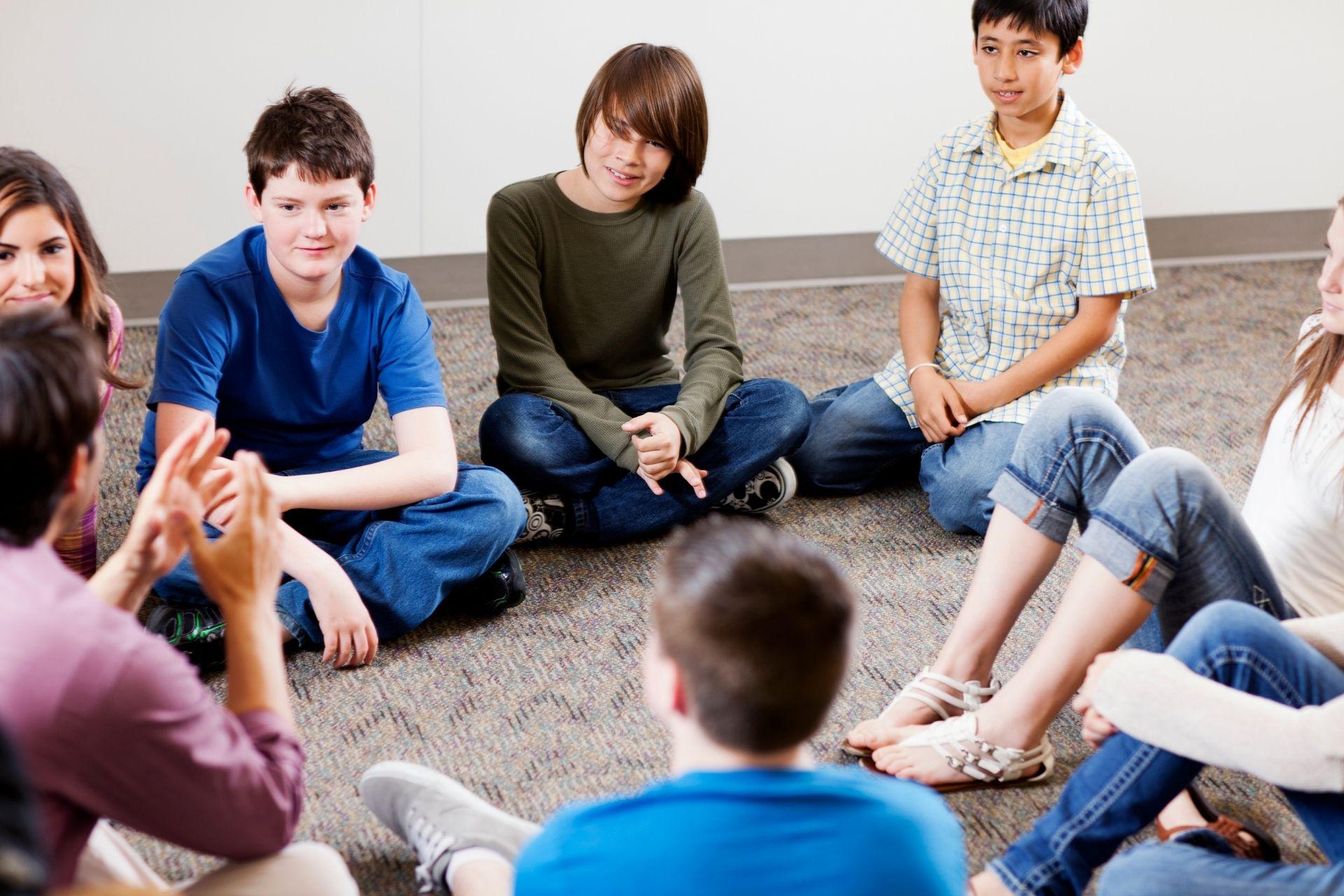
We run over 100 local meet-ups for DCN members each year and many of them invite children and other members of the family to join too. In the summer months especially there are lots of local get-togethers in a park or nearby green space and these offer a lovely way for children to play together with others who are donor conceived too.
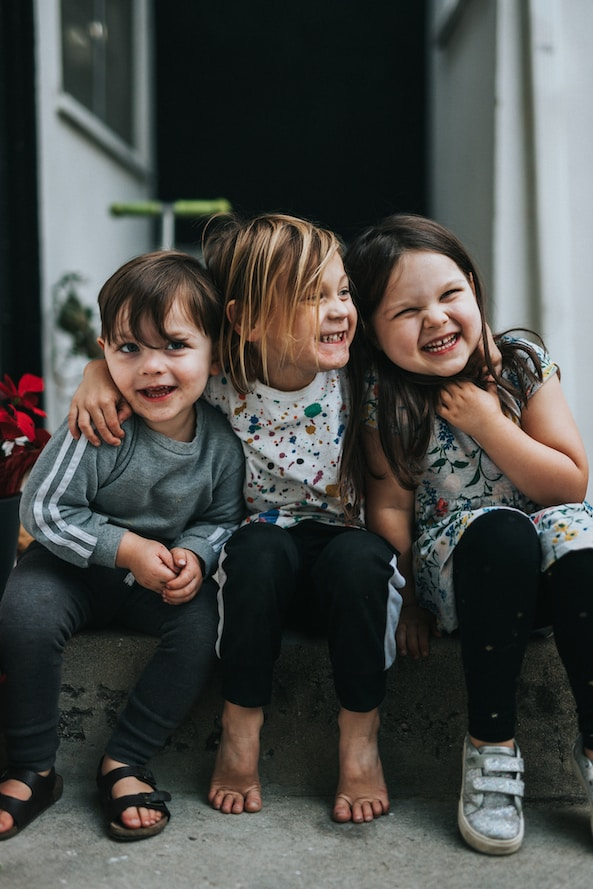
Our conferences are very much a family affair. Where possible we offer childcare and children’s activities so that parents can bring their children and include them in the event. We know that this can really help stimulate and support conversations the family are having at home. Meeting other children made ’just like them’, as well as the potential for subsequent connections, can make a big difference to how children feel about being donor conceived.
Our next family conference is on 4th May 2024 in London. We are offering
Childcare for children 6 months to 12 years – places are limited so do book soon
What Makes Me, Me? Creative session for 8-12 year olds – deadline for booking 12 March
Children’s group run by CIFI for 9-12 year olds – deadline for booking 12 March
Teen group for 13-17 year olds – deadline for booking 25 March
Don’t forget to book lunch unless you plan to bring your own.
Continue browsing down this page for more details on the activities listed.
We know that it can be difficult for parents to get childcare so that they can attend our conferences. We also know that children love to get together with other donor conceived children. So we offer a creche at our annual spring conference in London and where possible at our regional autumn conferences too. We do charge a fee for the creche but we subsidise it heavily to make it as affordable as possible for our members.
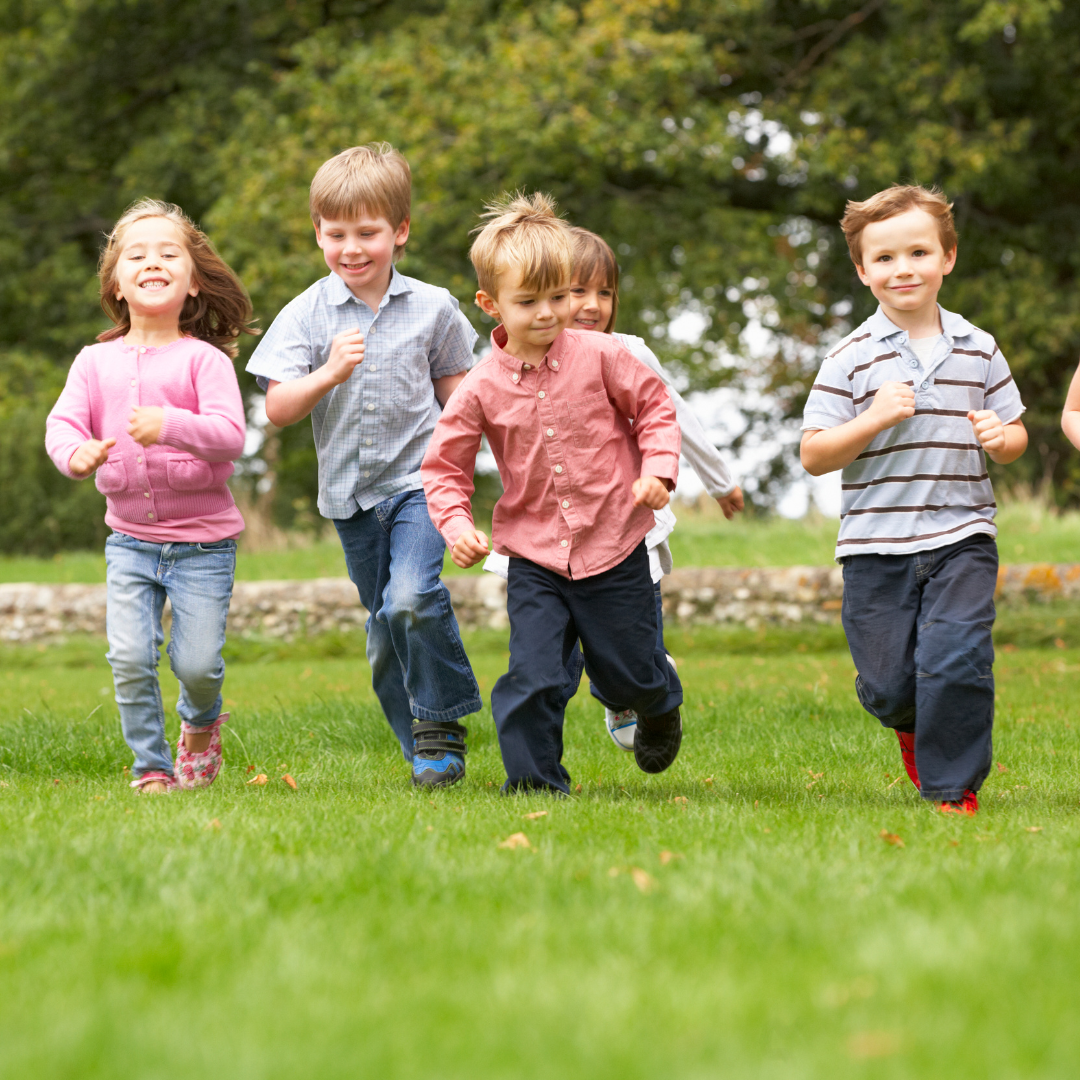
What Makes Me, Me? is a 1.5hr creative session for donor conceived children aged 8-12 run by Natalie Tayte, a qualified Art Therapist. The session starts with fun “getting to know you” activities and warm up games. Then the children think about their family, hobbies, interests, pets, talents, friends and any important elements in their lives and express that through an art project. There are variations in the task to stimulate their interest and creativity.
The role and/or place of the donor can be included as they wish but there is no pressure to do so. However, be aware that the donor will be included in the general guidance around completion of the task and may come up in conversations.
This is a relaxed, fun session encouraging the children to interpret the idea their own way. They don’t have to be ‘arty’ or creative and lots of resources and support will be available. The group size will be limited and it’s a good way for donor conceived children to meet others made ‘just like them’. The groups have between 6 and 12 children and where possible we will offer 2 groups to separate children by age.
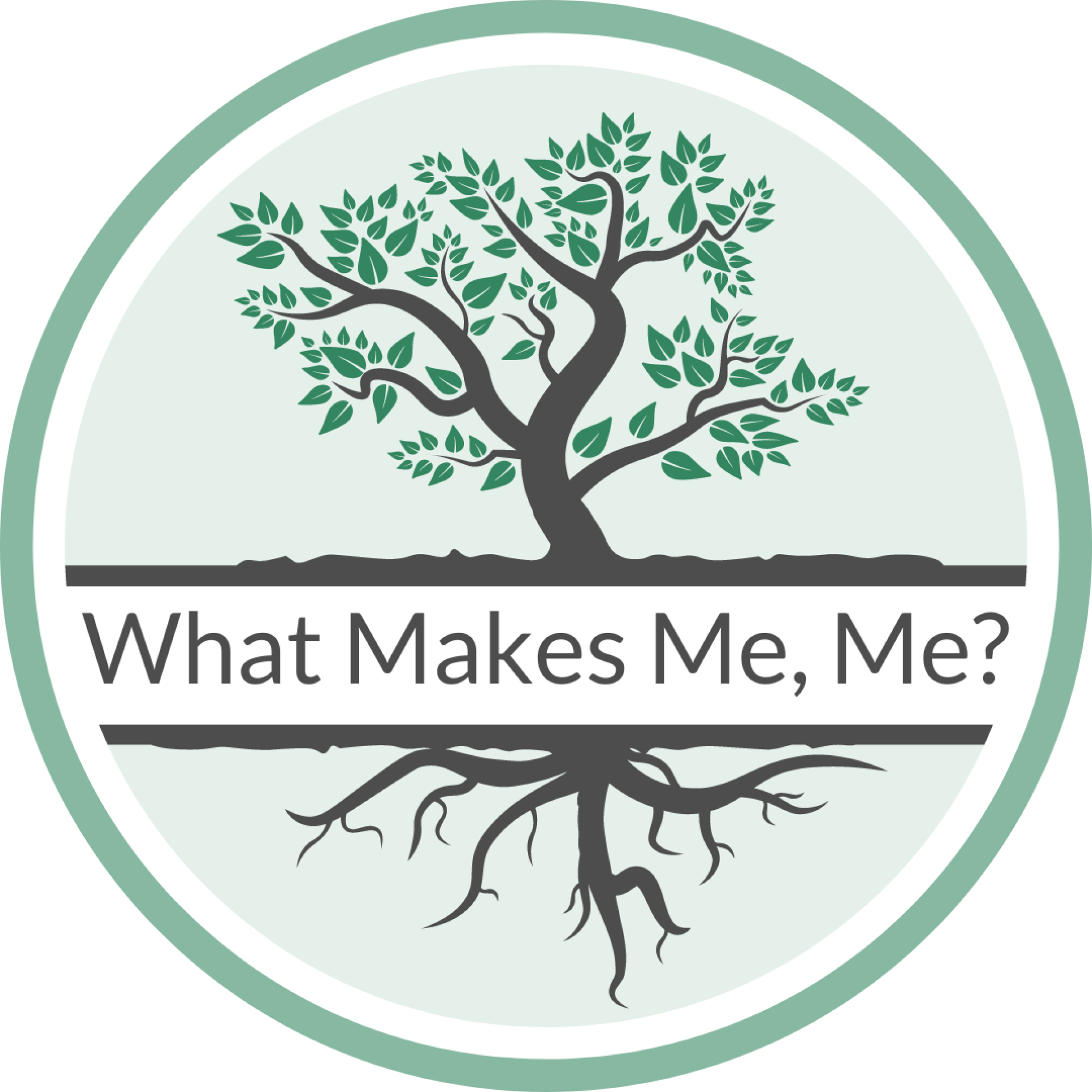
Natalie is an experienced Art Therapist who works with young people and adults with a variety of issues and needs. After working for many years in the NHS, she is now an independent practitioner and co-director of her own therapy centre. Natalie has been a member of the DCN for several years and is mum to a daughter conceived via egg donation.
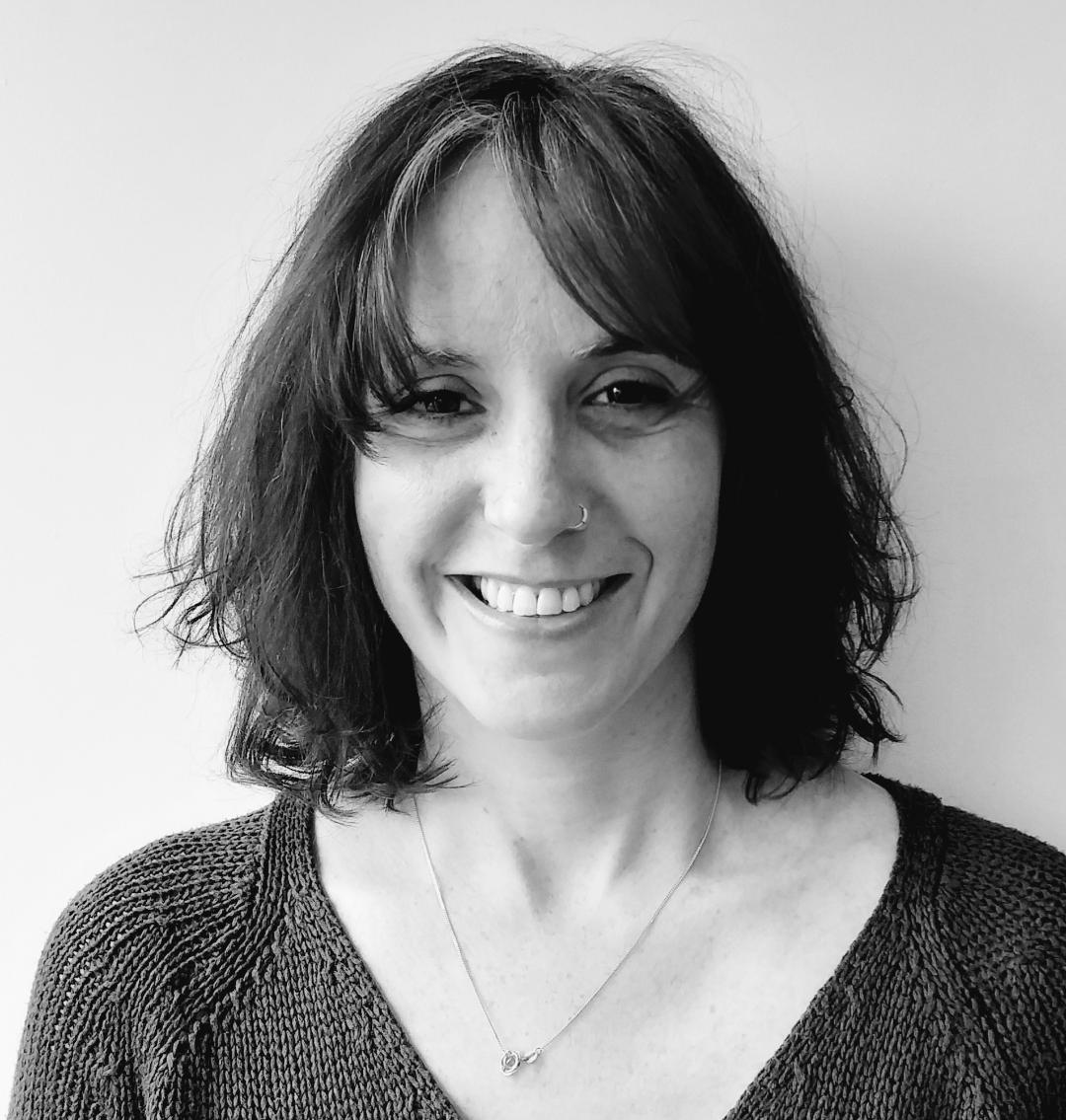
Members will be emailed details of the conference when booking is open, including a link to book places for What Makes Me, Me.
After registering interest for this children’s activity on the Bookwhen form, you will be sent a questionnaire to complete which gives us some background information about your child so we can prepare the groups. There will be an opportunity for parents to ask the group leader questions before the conference. There will be a feedback form to complete at the end of the day as well as a follow up survey.
We are piloting a teen group at the conference (different to the teen group we ran last year). This will be open to children aged 13-16 (roughly school years 8-11) and will run for the full day, including watching the morning main panel discussion.
The group is led by Astid Indekeu. Astrid is a clinical psychologist and a long-standing friend of DC Network, with lots of experience working with donor conception families. Astrid is warm and approachable and has a wealth of understanding about donor conception.
The teen group is an opportunity for teenagers to:
• Meet others
• Participate in a variety of fun activities
• Raise topics in a safe and supported space
• Meet donor conceived adults who will join a session and be available to answer questions
It’s a friendly, structured day with the focus on meeting up, discussion and exploration.
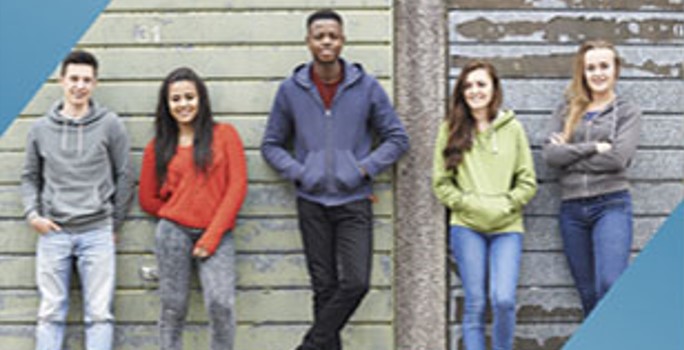
Astrid is an experienced Clinical Psychologist who has worked with children, adults and families in a variety of settings; since 2009 her focus has been specifically on supporting families after donor conception, their network and the professionals involved.
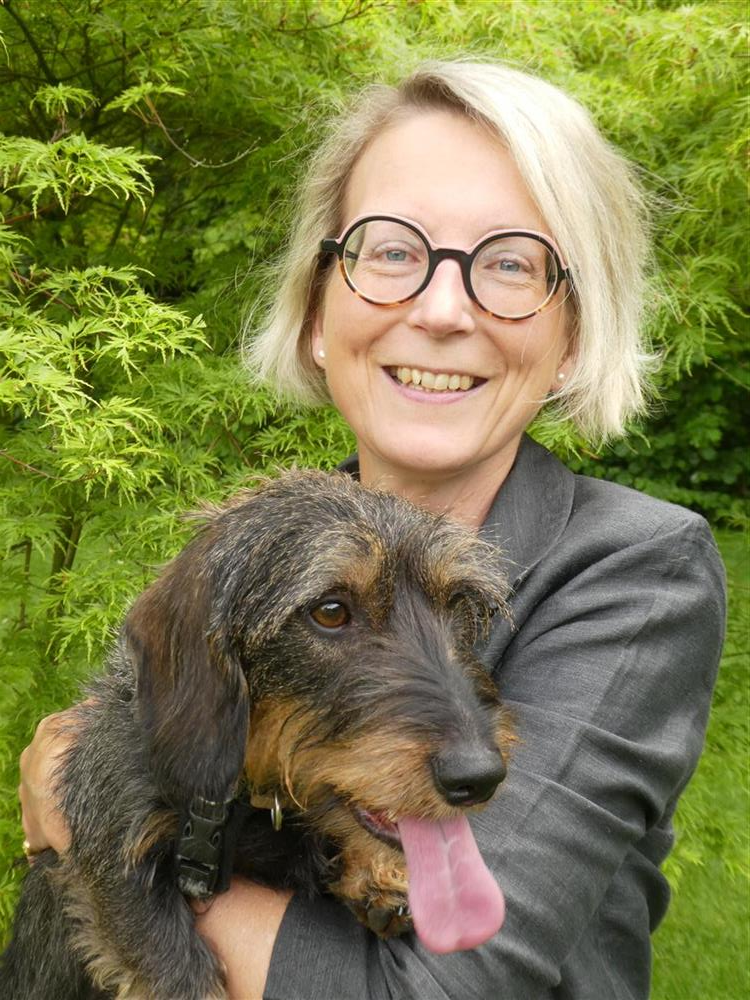
Members will be emailed details of the conference when booking is open, including a link to book places for the Teen Group.
After registering interest for this activity on the Bookwhen form, you will be sent a questionnaire to complete which gives us some background information about your child so we can know a bit more about them. You will have a short call with one of the group leaders and about a week before the conference we’ll organise a group call with the other parents (and children if they wish) to meet the team and ask final questions. There will be a feedback form at the end of the day and post-event survey to complete.
The ages ranges given are guidelines, so do get in touch if you’re unsure.
The What Makes Me, Me session has some flexibility in terms of age range.
For the Children’s Group, the year 5 minimum is fixed, as before year 5 children are generally too young to really benefit. It is not unusual for children to not attend until they reach the upper age range and many children attend more than once.
If children are in year 8 and have done the children’s group in the past, they may be ready and keen to join the teen group.